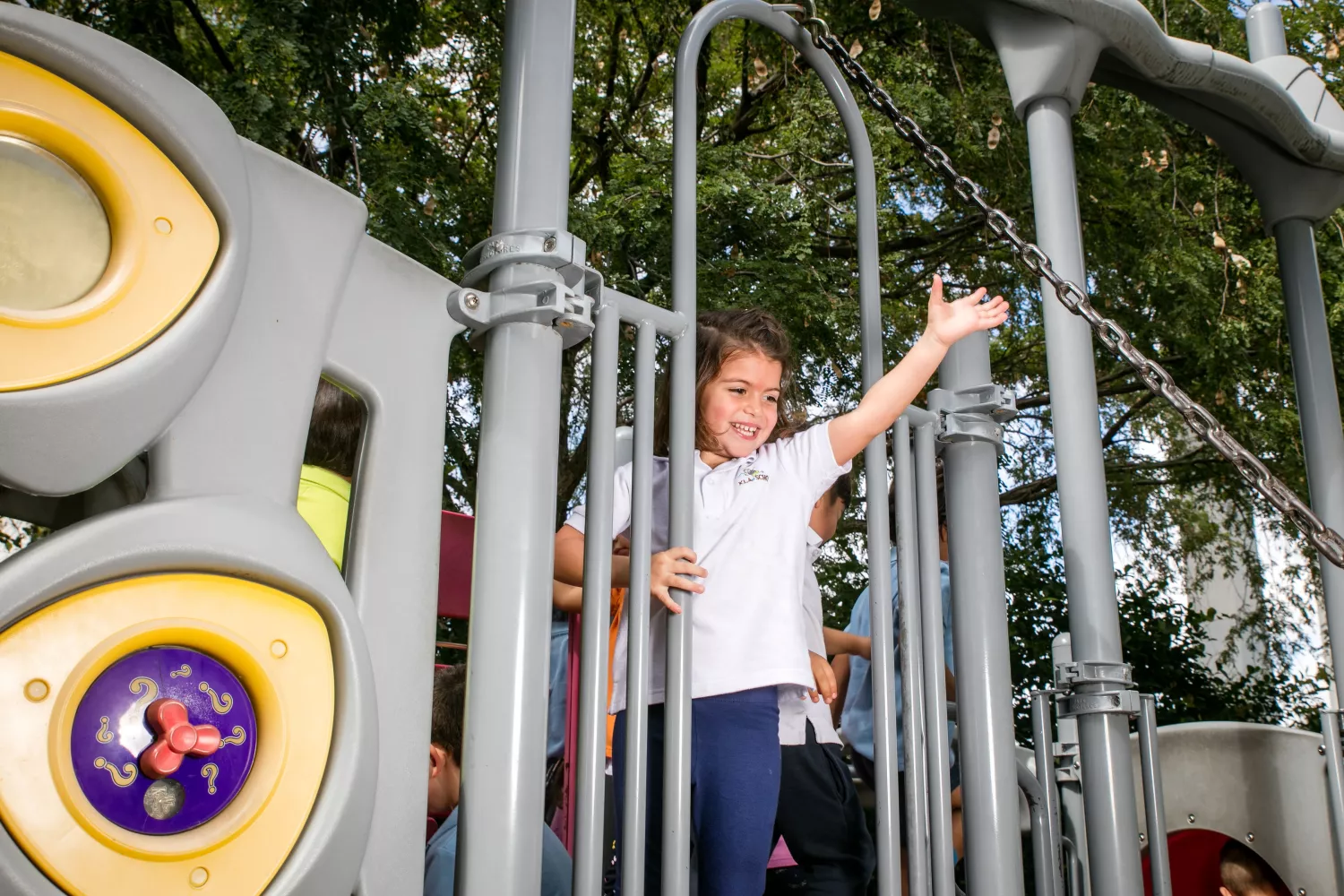How Your Child Learns Through Conversation
Topics: Child Development
Age Range: Preschool
Your toddler or preschooler is at an exciting age. Everything is a new experience and a thrilling discovery, and she is learning that words can help her relate to her world and to those around her.
Your young child’s nascent conversational skills are more than just a fun new way to interact with your child – conversation also has benefits in other areas.
Conversation develops social skills
Your child is learning that speech is an important tool to communicate with and relate to other people. Practicing two-way conversations will help your toddler or preschooler understand social skills such as empathy, kindness, and how to be a good listener. You can encourage this social development by asking open-ended questions, such as, “Why do you think Grandma is happy?” or “What do you think will happen next in the story?”
Being able to direct the topic of conversation in a group environment will also demonstrate to your child the importance of listening to others, and how interesting it can be to hear other people’s stories and thoughts. It’s also a good opportunity to show your child that some conversations are different from others, depending on who you’re talking to and what you’re talking about.
Conversation develops vocabulary
A strong vocabulary will help your child understand and interpret the written word, which will have benefits in later life. Two-way conversations are a great way to help your child develop his vocabulary.
Toddlers and preschoolers are learning basic sentences such as “Car go fast.” Through conversation, you can help add to this vocabulary and introduce your child to concepts such as past tense or plurals. For example, you might reply, “Yes, the cars are going fast. Where are they going?" This will help your child get used to more words and sentences, and eventually learn how to use them himself.
Conversation helps children understand their emotions
Helping young children “use their words” shows them that their emotions are something they can handle and not be afraid of. You can introduce your toddler or preschooler to this concept early, through conversation.
According to The Center on the Social and Emotional Foundations for Early Learning, helping your child express how they feel can be done in three ways:
1) By giving feelings easy names they can understand. For example, “You feel angry because your brother took your toy.”
2) By identifying and discussing feelings in yourself and others. For example, “She’s clapping and smiling. Do you think she’s happy?”
3) By talking about your own feelings. For example, “When I feel sad, sometimes I want a big hug.”
Your child may not be able to verbally express their emotions right away, but these conversations will help her learn and practice coping strategies for the future.
Conversation is a great opportunity for your child to develop social, vocabulary, and emotional skills. The more your child can express himself verbally and talk about his feelings, thoughts, and experiences, the more self-confident he will become. You can help your toddler or preschooler through this process with engaging and appropriate two-way conversation.

